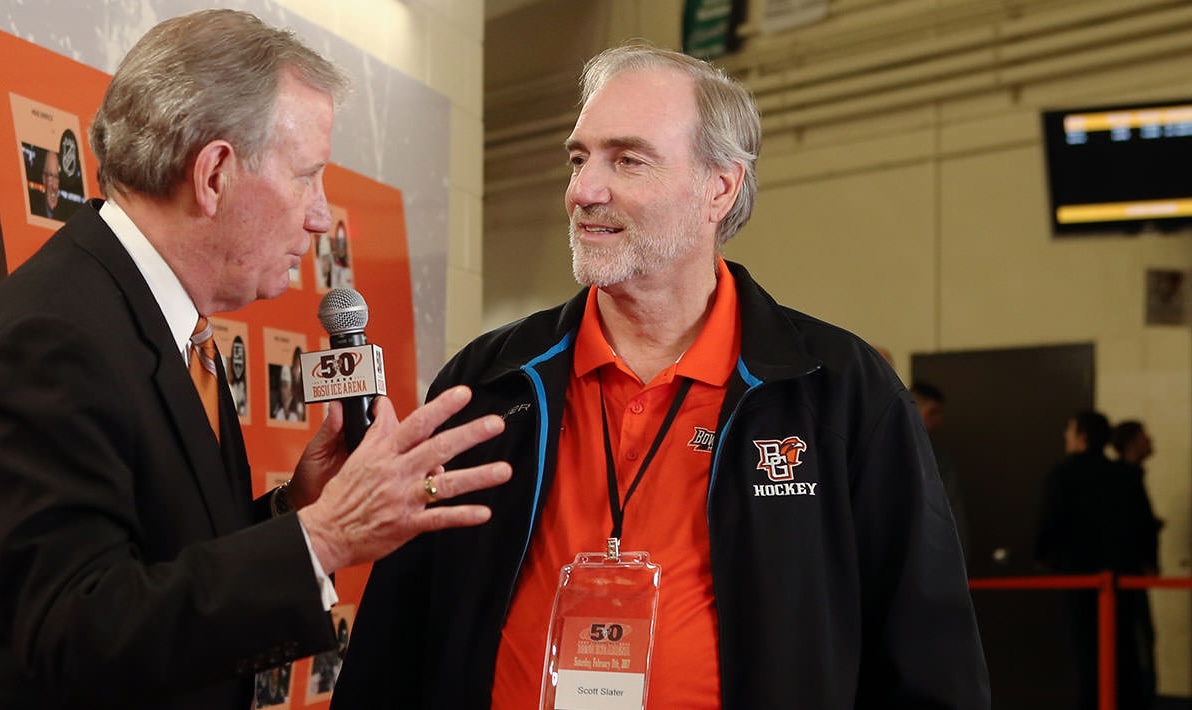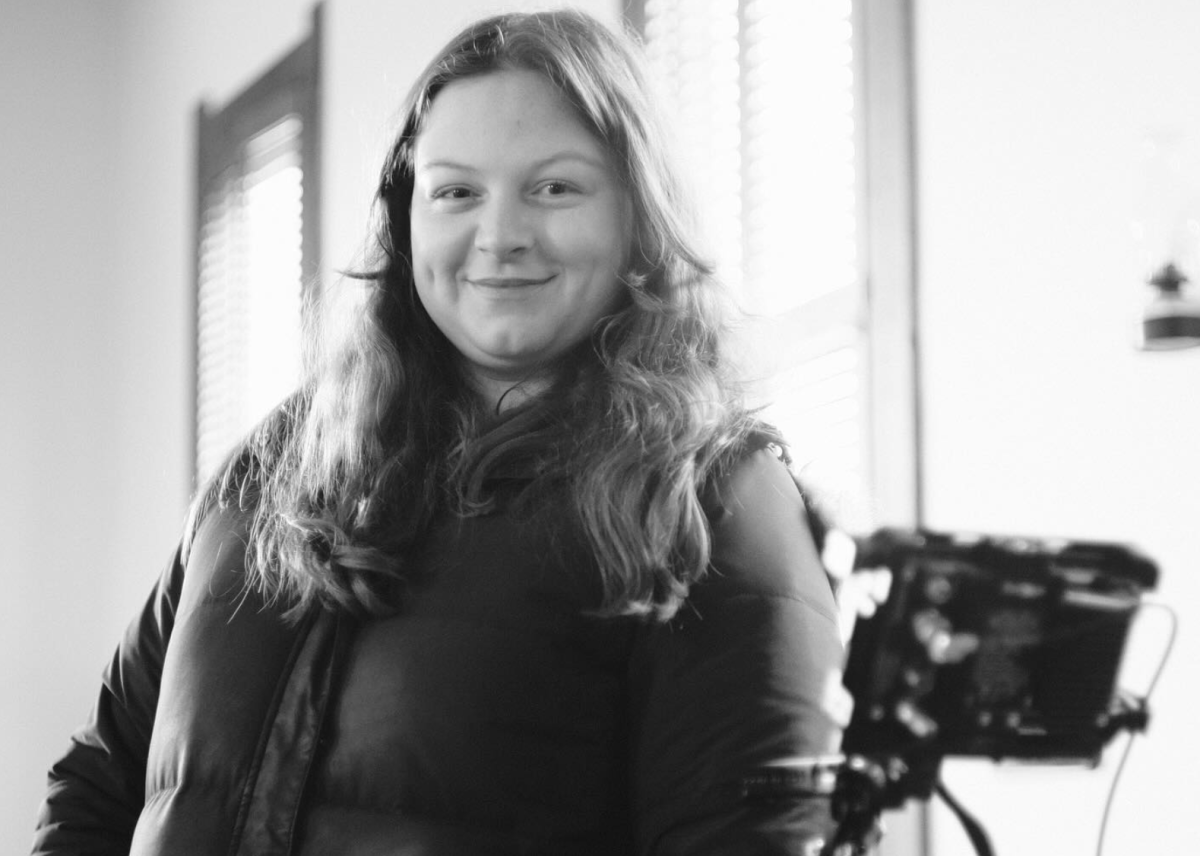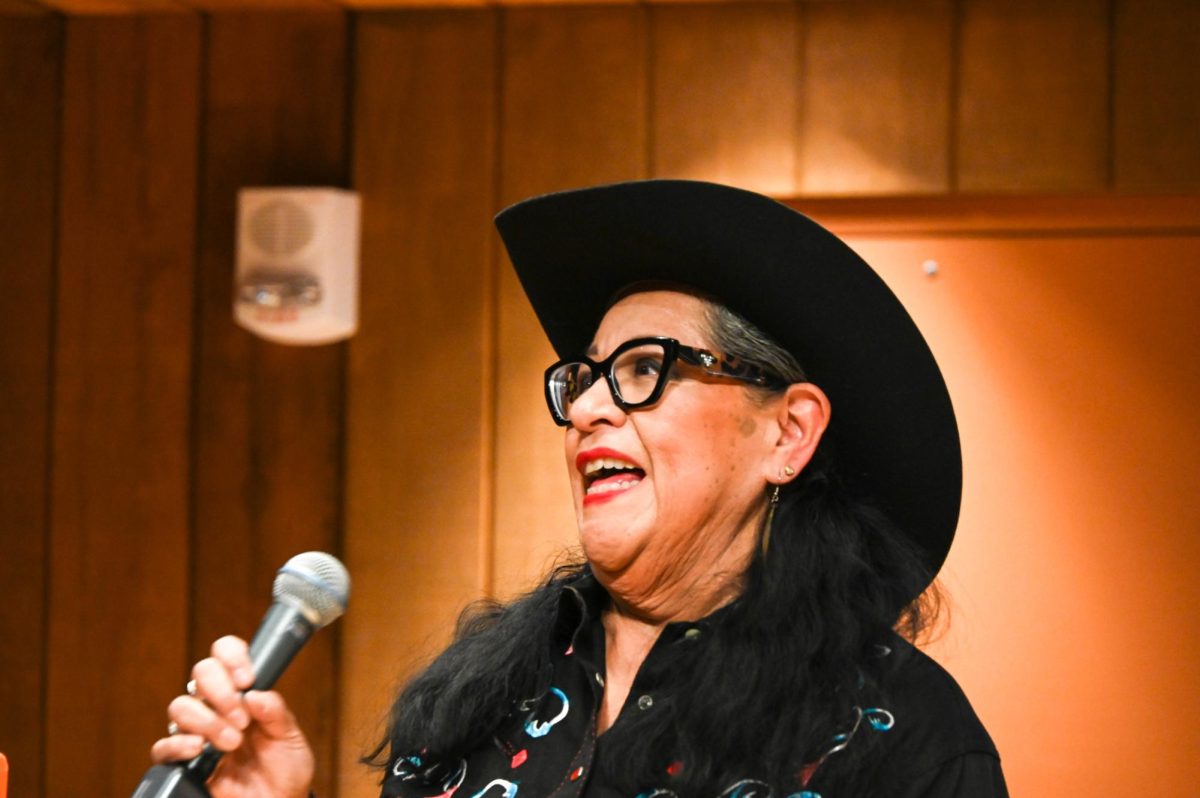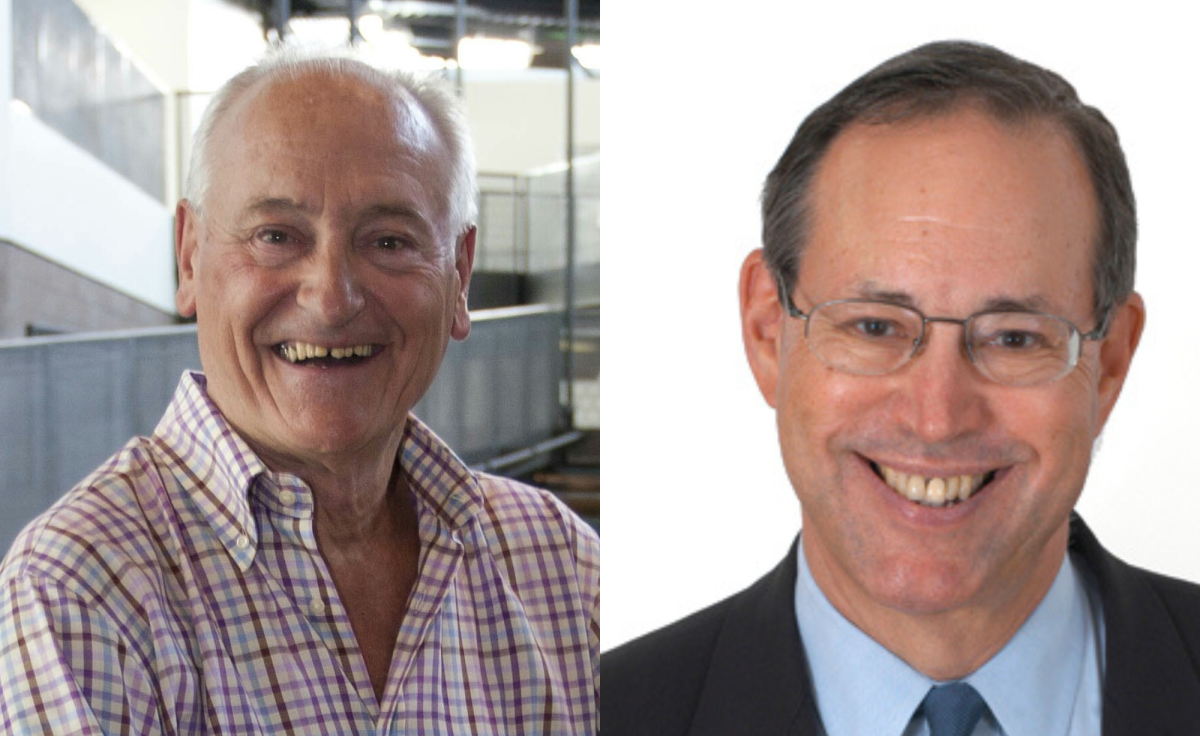A Dec. 28 article from the Governing magazine reported schools in all 50 states started off the 2017-2018 school year understaffed in a variety of subjects, including special education and early childhood education. Ohio mirrors this trend, especially in rural areas, with a 50 percent decrease appearing in students going into the education field over the past decade.
The reason for the teacher shortage is a multilayer issue. Many say the problem stems from salary issues, but other issues turning many young people away include the involvement from legislature in education and a lack of popular support for the profession.
“People feel that there is an oppressive culture,” Julie McIntosh, dean for the college of education at the University of Findlay, said. “Teachers being evaluated all the time, numerous state mandates and unrealistic expectations for the classroom cause low morale.
McIntosh says the legislature is preventing teachers from doing their job by constantly implementing new regulations and getting too involved. For example, Senate Bill 216 proposes changing the division of teaching licenses from its current system of three sections, which are preschool to third grade, grades four to six, and grades seven to 12; the bill proposes the existence of two sections, one between Kindergarten and sixth grade and another between the seventh to 12th grade. Ohio used to be set up for the two section system, but research showed this way was flawed, as the license was too broad and did not allow for teachers to focus on specific content.
Director for education and human development at BGSU, Dawn Shinew, agrees legislation is heavily weighing in on what goes on in the classroom, especially in terms of testing. She noted the state is starting to cut back on the number of hours students are in testing.
“A first-grade teacher once said to me, ‘I know who’s going to do well on the tests and who’s not. Because I’m spending so much of my time each month on giving them state tests, I can’t help the kids who need the extra time to learn the content they’re tested on,’” she said.
McIntosh says the legislature does not understand that there is no one set way to teach.
“There is no overarching blanket legislation can create that meets the needs for each student. Let teachers do their job and meet the needs of the students,” she said. “They know how to do that because they’re in the classroom with them.”
Even though education is not a popular profession now, one thing Shinew has noticed is people in the field are more dedicated to teaching.
“There is something to be said for wanting be an educator in an era when teachers aren’t getting respect, and there aren’t a lot of tangible rewards for it,” she said. “If you’re willing to teach under these conditions, you have a high level of commitment.”
Jenna Reneau, a senior early childhood education major, said this is the only career she can see herself doing.
“I have always wanted to be a teacher. Each of my teachers in elementary school told me if I didn’t grow up to be a teacher, I missed my calling,” she said. “I love helping people, but most of all, I love children. Watching their growth and seeing the excitement on their faces when they accomplish something that they never thought they could is something amazing to see.”
To change the direction of education, there needs to be more support for teachers, McIntosh said.
“We need to raise up the teaching profession,” McIntosh said. “It gets beat up a lot in the media. We seem to forget that there is a teacher that has changed our lives in some way.”
Reneau agrees that the lack of support is preventing more people from going into education.
“In this day and age, teachers are walking on egg shells trying to not say the wrong thing or make someone upset, because that person can easily get on social media and ruin the teacher,” she said. “I have friends who have chosen a different major because they didn’t want to deal with the microscope teachers are always under.”
Shinew recognizes that education has to change with the times, but said society needs to change its views on teachers.
“Education isn’t perfect,” she said. “If we change the way we talk about education and talk about it as one of the most honorable and important roles in society, then I think the salary and support would follow suit, bringing more into the profession.”
With all of these factors contributing to the teacher shortage, it is unclear how long it will take to reverse the negative stigma surrounding education.



















